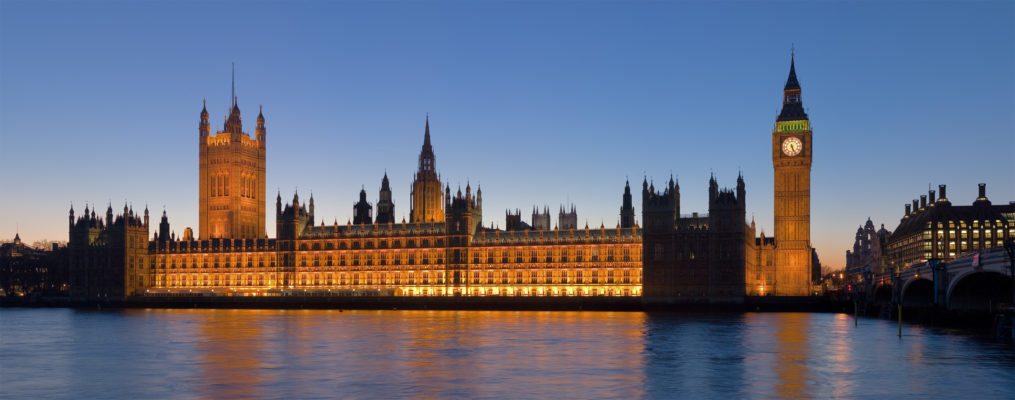Already a member? Sign in below

Following the announcement of a consultation into HFSS advertising on the TfL network, Advertising Association CE Stephen Woodford has commented:
“We welcome today’s announcement of a consultation into the advertising of HFSS (high fat, sugar and salt) products on the TfL network by the London Mayor, Sadiq Khan, as part of the draft London Food Strategy. Our industry is always ready to play our role in supporting evidence-based and proportionate action around responsible advertising.
“It is important to note, as this consultation begins, that the advertising rules in force in the UK are among the strictest in the world. They already ban the advertising of HFSS food or drink products in any and all media where under 16s make up more than 25% of the audience. This includes TV, online, social media, on the street or on public transport. For outdoor advertising, such as posters on the Underground, streets and bus shelters, there is an additional recommendation that no sites can carry HFSS advertising within 100 metres of any school. All of these measures mean that there have been dramatic falls over the last decade in the exposure of under 16s to HFSS advertising.
“International experience and independent research has shown an advertising ban would have little impact on the wider societal issues that drive obesity. The example cited by the Mayor of the work in Amsterdam to tackle obesity is a case in point. Obesity is caused by the interaction of many complex factors and requires a multi-faceted solution, such as that implemented in Amsterdam, which majored on helping people change their diet and exercise patterns. Here in the UK, we’ve seen the dramatic impact of The Daily Mile in schools, because it’s simple, cost-free and inclusive and not only impacts on obesity levels, but improves behaviour, academic performance and children’s wellbeing. ITV is sponsoring The Daily Mile, with the ambition of getting into every primary school over the next 3 years and this is exactly the sort of partnership we need to see more of to tackle Britain’s obesity challenge.”
Further facts about advertising of HFSS products in the UK can be found here.
Already a member? Sign in below
If your company is already a member, register your email address now to be able to access our exclusive member-only content.
If your company would like to become a member, please visit our Front Foot page for more details.
Enter your email address to receive a link to reset your password
Your password needs to be at least seven characters. Mixing upper and lower case, numbers and symbols like ! " ? $ % ^ & ) will make it stronger.
If your company is already a member, register your account now to be able to access our exclusive member-only content.